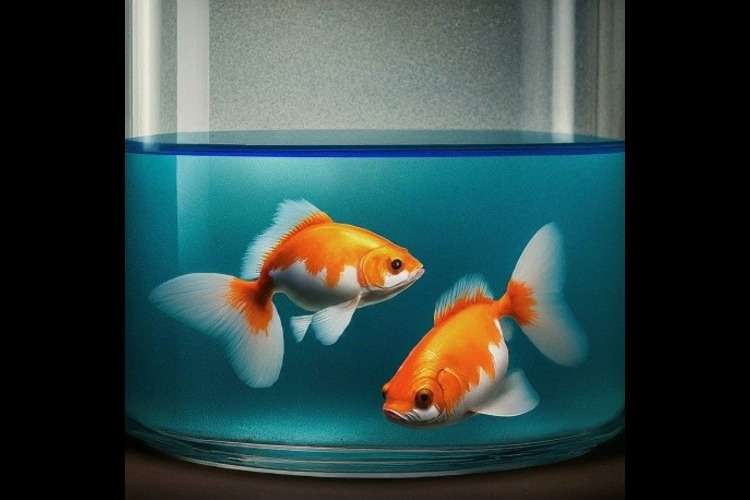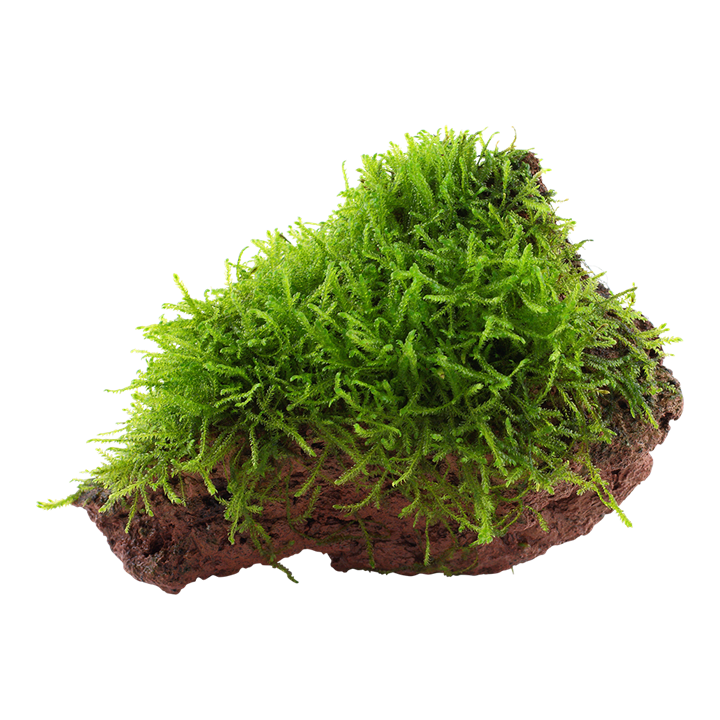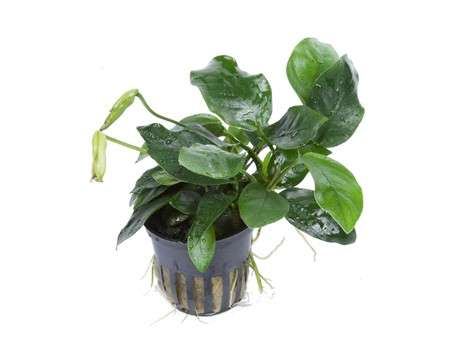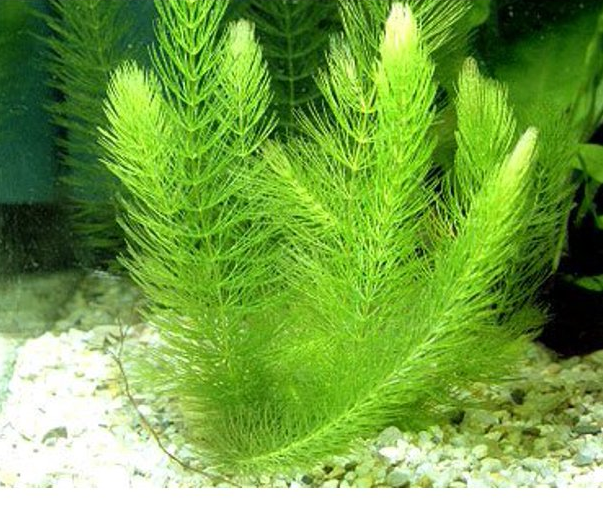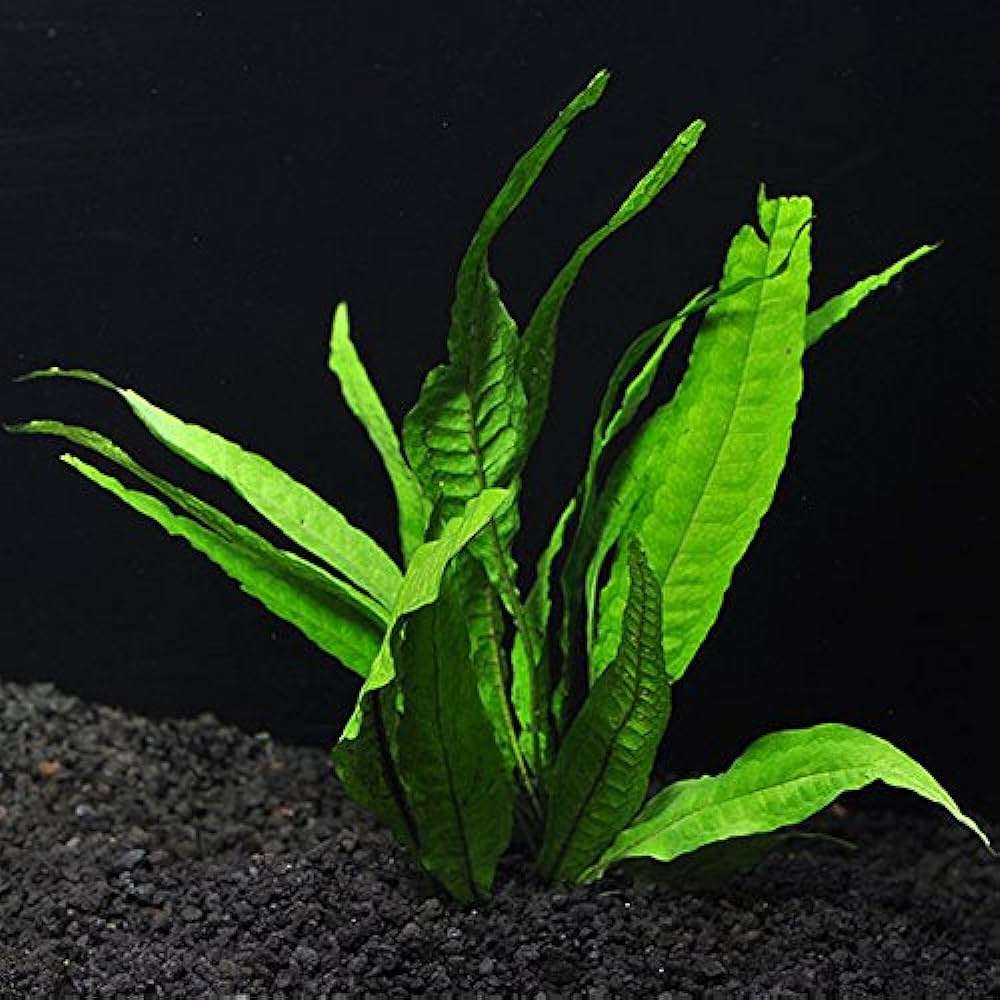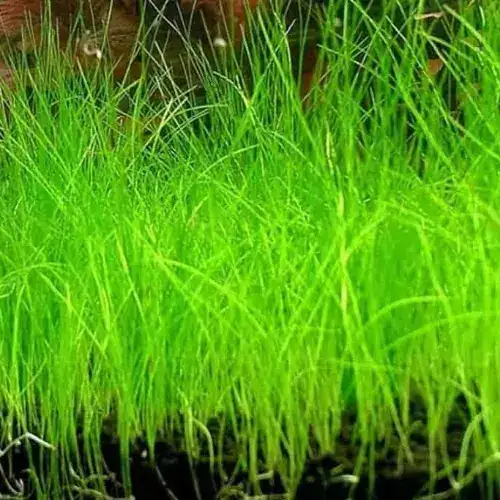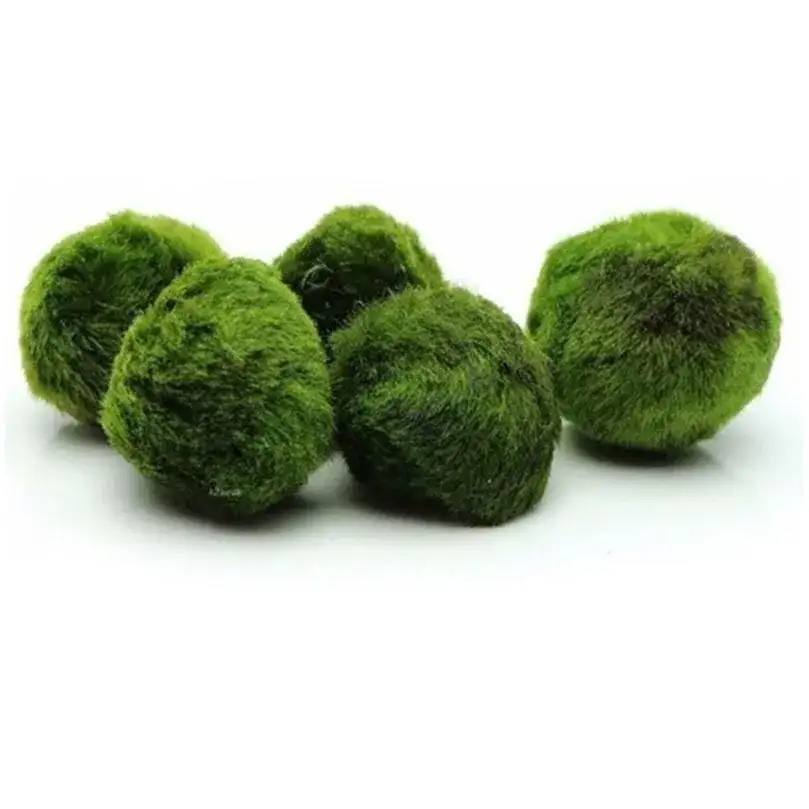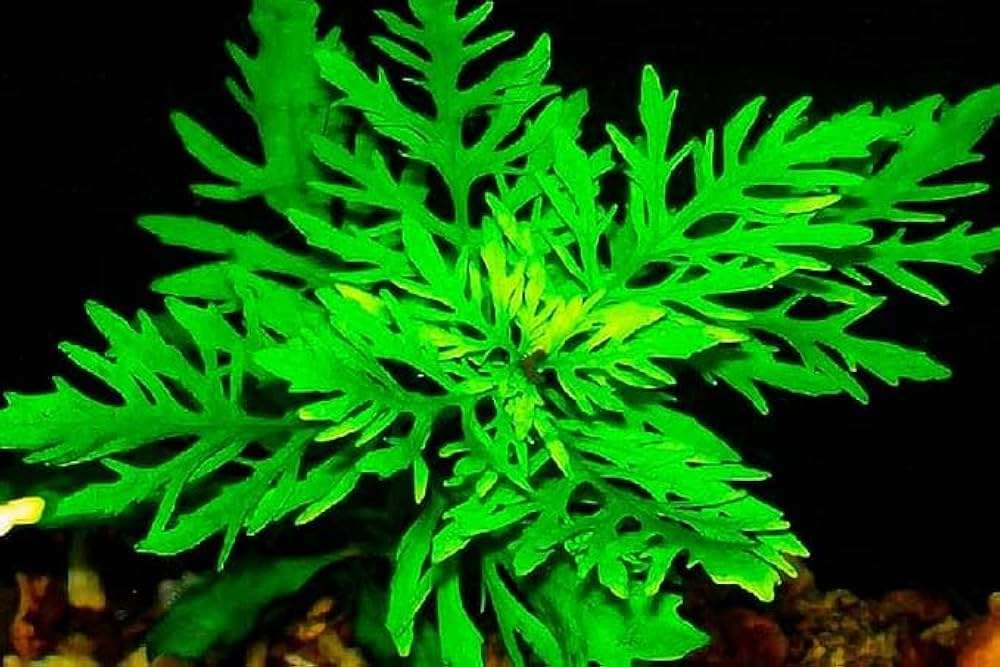How Aquarium Filters Keep Fish Healthy & Tank Stable
Learn how aquarium filters improve water quality, reduce algae, and promote healthy fish. Discover the key to maintaining a happy, stress-free tank.
Table of Contents
- Quality Water
- Inducing Healthy Growth of Bacteria
- Oxygenation Improvement
- Prevention of Algae Growth
- Cleaning the Aquarium of Stressors for Your Fish
- Reduces the need for frequent water changes
- Sustaining Long-Term Tank Stability
- Choosing the Right Filter for Your Tank
- Faq
- Conclusion
Whether you are an old aquarist or just starting your first aquarium, there is one piece of equipment that is absolutely indispensable to the health of your aquatic pets: the aquarium filter. While not often talked about, filters play a crucial role in maintaining a balanced and thriving ecosystem in your tank. Without proper filtration, water quality can degrade rapidly, causing poor health in your fish and other aquatic life.
Quality Water
One of the major roles of an aquarium filter is to keep water clean, free of any harmful substances. In a closed environment such as an aquarium, waste from the fish, decaying plant matter, uneaten food, and other organic waste can easily gather. This leads to a high toxic compound accumulation, such as:
Ammonia resulting from decomposition of fish wastes and rotting food.
Nitrites which is a result of ammonia break down
Nitrates (derived from nitrites and toxic at elevated levels)
These chemicals are toxic to fish, stressing or immunocompromising the fish or even killing them. The efficient filter removes these dangerous chemicals through mechanical, biological, and chemical filtration as follows:
Mechanical filtration: physical trapping of debris and other waste
Biological filtration: the use of friendly bacteria that break down the ammonia and nitrites, converting them into less dangerous chemicals, nitrates.
Chemical filtration eliminates toxins, impurities, and even odors by using compounds such as activated carbon.
A filter will ensure your tank's safety for aquatic life by circulating water through this process again and again.
Inducing Healthy Growth of Bacteria
A balanced ecosystem is what a healthy aquarium needs. And beneficial bacteria are quite the players in that balance. Biological filtration is where it all comes together. The filter media—be it ceramic rings or sponges—is what these bacteria will attach to.
These helpful bacteria degrade harmful ammonia and nitrites into less harmful nitrates, which are absorbed by plants or removed through water changes. If they were not present, toxins would quickly build up in the water, making your tank an inhospitable environment for your fish. In a nutshell, a good filter helps create and maintain a thriving colony of beneficial bacteria, ensuring the biological health of your tank.
Oxygenation Improvement
Aquarium filters usually have a built-in mechanism for aeration that increases oxygen levels in the water. Since the filter is moving the water, surface agitation occurs, allowing better gas exchange between the water and air. For fish, they need to breathe in dissolved oxygen in the water.
Plants in your aquarium also get an added benefit from increased oxygenation, helping them in their photosynthesis process. Healthy plants then help absorb carbon dioxide and give back oxygen to the water, creating a more balanced ecosystem.
Prevention of Algae Growth
Excess nutrients in the water-mainly nitrates and phosphates-will encourage the explosive growth of algae, such as that which causes unsightly green water and depleted levels of oxygen. A good filter actually controls this by removing all organic waste and food organisms that were not eaten thereby preventing excess nutrients that could fuel that algae bloom.
Together with correct illumination and regular service, a filter may help greatly in keeping alga under wraps in your aquarium, ensuring your tank stays clean and your fish healthy.
Cleaning the Aquarium of Stressors for Your Fish
Fish thrive in clean, stable environments. Poor water quality can cause stress, weaken immune systems, and make fish more susceptible to disease. Fish stressed by poor water quality may exhibit abnormal behavior, including hiding, reduced appetite, or even erratic swimming patterns. Over time, this can lead to a variety of health issues or even premature death.
A filter keeps the water clean, stable, and free from toxic buildup, all of which are crucial for reducing stress and promoting the overall well-being of your fish. Healthy fish are more active, colorful, and engaging, which is ultimately what every aquarist wants to see.
Reduces the need for frequent water changes
Although they still require changes for optimal water quality, filters actually minimize the changes needed in terms of frequency and size. Because it filters and purifies continuously, it helps maintain a stable environment; therefore, you will not need large and frequent water changes as often.
And when all things are put into their rightful places, you minimize stress from constant water testing and changing, and fish keeping just becomes that much easier to cope with.
Sustaining Long-Term Tank Stability
An aquarium filter is an investment in the long-term stability and health of your tank. Over time, the filter will keep your water balanced, so the water in an aquarium does not shift upward or downward with poisonous ammonia spikes or nitrite spikes.
Whether you are setting up a freshwater aquarium, a saltwater reef tank, or a planted aquarium, a good filter will make sure that your tank stays stable and robust even when the biological processes of your aquarium fluctuate.
Choosing the Right Filter for Your Tank
When choosing an aquarium filter, you have to consider the size of your tank, the species of fish you are keeping, and your maintenance preferences. There are several types of filters, including:
Hang-on-back (HOB) filters: Suitable for smaller to medium-sized tanks, these filters hang on the back of the tank and are relatively easy to install and maintain.
Canister filters: Best suited for larger tanks, canister filters offer powerful filtration and can be placed outside the tank for a cleaner look.
Internal filters: These filters are submerged in the aquarium. They are compact and best suited for smaller tanks or tanks with limited space.
Sponge filters: Great for small tanks, breeding setups, or tanks housing delicate fish, sponge filters are gentle on the water.
Be sure to choose a filter that fits the flow rate, tank size, and type of filtration you require.
Faq
1.Why are aquarium filters important for fish health?
They keep water clean by removing toxins, reducing stress, and promoting healthy fish.
2.What types of filtration do aquarium filters provide?
Mechanical (removes debris), Biological (breaks down toxins), and Chemical (removes impurities).
3.How do aquarium filters improve water quality?
By removing waste and toxins, they maintain clean and safe water for fish.
4.Can aquarium filters prevent algae growth?
Yes, by reducing excess nutrients that fuel algae blooms.
5.How do aquarium filters reduce fish stress?
They maintain stable, clean water, which reduces stress and promotes health.
6.Do I still need to change water if I have a filter?
Yes, regular water changes are still necessary, though filters reduce their frequency.
7.How do filters help with oxygenation in the aquarium?
Filters increase water movement, promoting oxygen exchange between water and air.
8.How do I choose the right aquarium filter for my tank?
Consider tank size, fish type, and maintenance preferences when choosing a filter.
9.How often should I clean or replace the filter media?
Clean mechanical media monthly; replace as needed. Biological media should be cleaned less often.
10. What are the signs that my aquarium filter needs attention?
Reduced water flow, dirty water, unusual noise, or ineffective filtration.
11. How can I keep my aquarium filter well-maintained?
Regularly clean media, check for clogs, and replace worn components.
Conclusion
Aquarium filters are more than just an apparatus; they are the backbone of a healthy thriving aquatic ecosystem. They keep the water clean, provide oxygenation, support beneficial bacteria growth, and prevent algae, all of which ensure that your fish remain happy and healthy. With a well-maintained filter, stress is minimized, better overall health is promoted, and a stable environment is created for your aquatic pets.
One of the best things that you can do for your aquarium is to invest in a good filter and keep it well-maintained. Whether an aquarist or newbie, don't underestimate what a good aquarium filter represents-it's one of the most significant tools in keeping your fish happy and your tank going!





